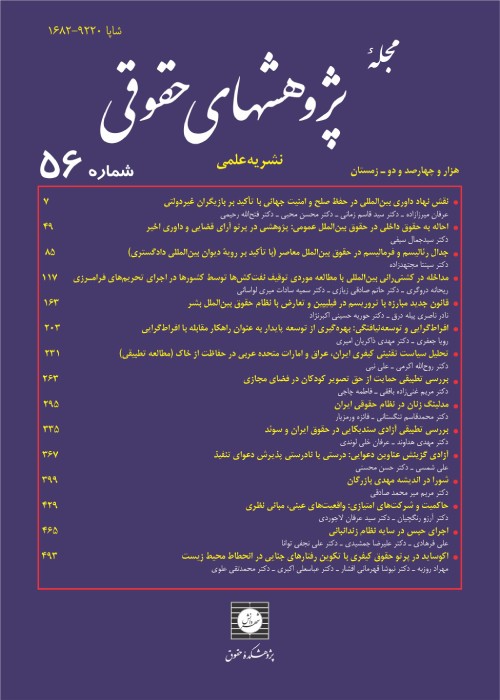Codification
The question of codification is a topic that is almost as old as the law itself. Early collections of laws are routinely referred to as codes, even though there is usually little reflection on quite what it is that constitutes a ‘code’ or what codification might mean in this context. In the modern law, codification has tended to be thought of in terms of grand modernizing projects that aim to replace older laws with new, universal and complete statements of law. The academic literature on codification has accordingly been dominated by debates for and against codification. The reformers argue that codes are modern, clear, accessible and consistent, while defenders argue that existing laws are consistent with the culture of the community they regulate and are flexible and adaptable to change. In this paper my aim is to go beyond this debate which, in my view, has become somewhat sterile. I try instead to address two principal questions. The first is to ask what exactly it means to codify the law. The, perhaps slightly surprising, conclusion that I draw here is that all law is necessarily ‘codified’ in the precise sense that laws or rules are necessarily generalizations about conduct and how it should be regulated, and that this very process or abstraction or generalization then creates constraints for the practice of law or dispute settlement: as rules are written down they must be followed, and similar cases decided in the same way. In this way the practice of codification regulates legal practice as well as social life. And as rules become more complex they may be written down in different way - law books or legislation. This then leads to the second question, which is to examine the more limited understanding that we have of codification in modern legal systems. Here I argue that codification is linked to practices of state-building and the practices of legitimacy that are associated with it in modern society. In this way I thus hope to offer new understanding of a concept and a practice that is central to the modern law. Finally I would like to record my gratitude to Bahman Khodadadee and Sara Mirbazel for their works in producing this translation, and to Dr. Abdolreza Javan Jafari for assisting with and overseeing this process.
- حق عضویت دریافتی صرف حمایت از نشریات عضو و نگهداری، تکمیل و توسعه مگیران میشود.
- پرداخت حق اشتراک و دانلود مقالات اجازه بازنشر آن در سایر رسانههای چاپی و دیجیتال را به کاربر نمیدهد.


